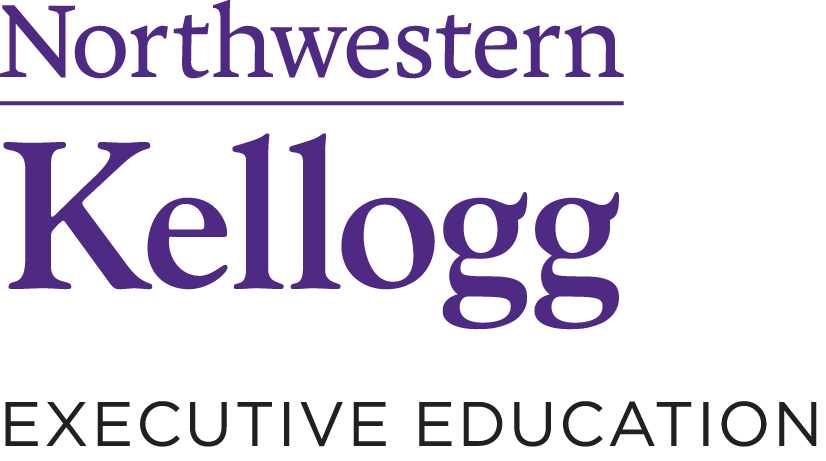- Customer Focus
How B2B Marketing is Learning from B2C
B2B marketing practice will follow the lead set by B2C marketers in the years ahead

Jonathan Copulsky, previously a senior partner and Chief Marketing Officer at the global consultancy Deloitte, and now a faculty member at Kellogg Executive Education—sees that this divide is closing rapidly, albeit with a gap that is still both real and relevant.
“When people come to our Business Marketing Strategy program they are very clear that they do not want to hear case studies and examples about Starbucks or Amazon or Netflix, because selling to businesses is very different than selling to consumers—and I agree entirely with that,” he affirms.
“It’s different for a number of reasons. For one, consumers are more subjective and personal in their choices, while businesses may well make their purchase decisions in committee. Business purchases are more likely to have a useful life measured in years rather than days or even just moments, and they tend to be much more expensive. For these reasons business purchase decisions tend to be more complex.”
In the consumer world we now have a strong expectation that we can look at products online, survey the range of options and see what is available in stock at any given moment. There is also a parallel service to this—that of the recommendation engine, where the website will suggest additional, related products that may be of interest to you. These online functions are driven by a combination of the technology that exists to enable them, but also as a response to extremely complex marketplaces where we have a surfeit of choice for the consumer, and where the retailer needs to do everything in their power to ensure that the decision-making process is as quick and simple as possible—and, crucially, that the purchase is made on their site.
In fact, the reality is little different in the B2B sector, but current marketing practice is frequently not fully caught-up with that reality, as Copulsky points out. “If I am an industrial distributor, carrying half a million SKUs, and my customer comes in and buys a particular condenser, for example—it may be helpful for them to know what generator goes with that, and what works well alongside it, and the necessary compliance to go with it. We see here that a recommendation engine can be equally applicable in the B2B market. There is much evidence that indicates that companies that have started to create recommendations within their websites have more return traffic, higher customer satisfaction, and so have higher sales.”
Copulsky also points out that as the world we live in is increasingly electronic, this is no less true for the B2B sector than the B2C. “More and more interactions are digital, whether it's through websites, or via mobile. What we talk about in the class is the changing nature of the B2B buyer, particularly as more and more of these B2B buyers are younger. In the next 10 years the bulk of the buyers will be millennials, or Gen Z, who have grown up buying things on their mobile devices. Those behaviours need to be and are being translated back into the business sector.”
The final piece that Copulsky sees in this transition is that we are all being conditioned by our own B2C experiences. We can now purchase an item on our mobile and expect it to be delivered the next day, or even the same day, by Amazon—and we see no reason why industrial distributors and suppliers cannot do the same.
He cites the large US business distributor, WW Grainger, that describes itself online as “your premier industrial supplies and equipment provider with over 1.6 million products to keep you up and running. Use Grainger.com for fast and easy ordering with next-day delivery available. Rely on our product experts for 24/7 support.” Notice the range availability, the online presence, the speed and ease of ordering—concepts that have all come across from the B2C sector, and which Copulsky has outlined above.
He goes on to note that for many B2B hardware businesses it is not just the marketing that is changing, many are seeing wholesale reshaping of their business models, from selling the hardware to renting it and monitoring its usage and performance, so that they can sell in maintenance and repair services. The old one-off capital sale is being replaced.
It illustrates how the B2B market is evolving very rapidly, and how those left behind will find their business equally rapidly eroded by more nimble and fast-adapting competitors.
Jonathan Copulsky is Program Director for the Kellogg Executive Education Program ‘Business Marketing Strategy’—the only such focused program in the US.
The Kellogg School of Management at Northwestern University is recognized globally as a pioneer in general management education that offers innovative academic opportunities for today’s leading thinkers
ARTICLES YOU MIGHT LIKE
WEBINAR
Watch digital marketing and social media guru Annmarie Hanlon in this webinar that will update and upgrade the way you view and use social media in your organization
DEVELOPING LEADERS QUARTERLY MAGAZINE AND WEEKLY BRIEFING EMAILS


































